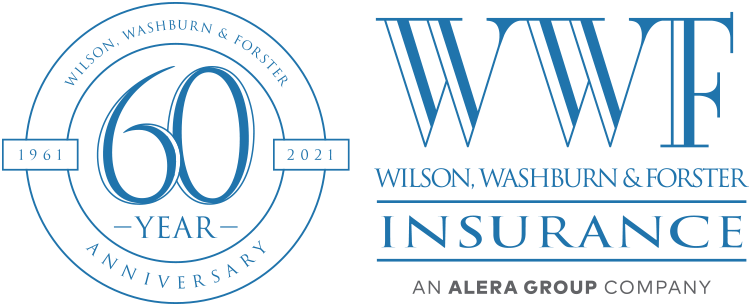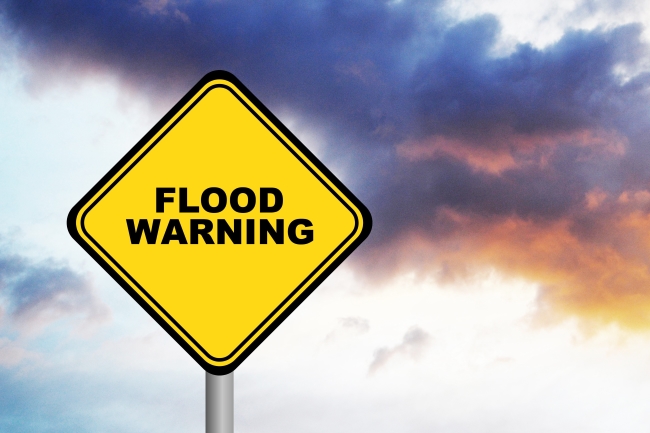If you live 2,200 feet above sea level and more than 250 miles from the shore, you might not think you need flood insurance. Your bank may even agree. However, this doesn’t mean you don’t have flood risks. Hurricane Helene has shown why everyone can benefit from flood insurance, regardless of their location and loan requirements.
A So-Called Climate Haven
Located in the Blue Ridge Mountains, Asheville, North Carolina, has an elevation of approximately 2,200 feet and is known for its mild climate. Citing a low risk of natural disasters and strong infrastructure, Ashville was named a Top Client Haven city by Causeartist in August 2024.
Then, Hurricane Helene struck, devastating Asheville and others in the Southeast with an estimated 40 trillion gallons of rain. Homes, businesses, and roads were destroyed. Shelters are at capacity and supplies are being airlifted due to collapsed roads.
Property Insurance Excludes Flood Damage
Although homeowners insurance and commercial property insurance cover many common causes of damage, standard policies exclude flood damage. If homeowners and business owners want protection against flood damage, they need to secure flood insurance.
Unfortunately, many people are unaware of this until it’s too late. A Trusted Choice survey found that 56% of Americans do not realize that a standard homeowners insurance policy excludes flood damage.
Business owners also share this common misconception. According to Chubb, 85% of companies incorrectly believe that their property insurance covers some, all, or most types of flooding.
Few People Have Flood Insurance
According to NC State University, only about 4% of homeowners have flood insurance. It’s understandable. Many homeowners believe that flood insurance is only needed if you live near the coast or another body of water. However, with changing weather conditions, storms are getting wetter – in some cases, causing rainfall that is measured in feet rather than inches.
A Fannie Mae survey found that 84% of people know that FEMA establishes flood maps and 50% claim to have reviewed these maps – but less than 40% of people in a high-risk zone were able to correctly identify themselves as living in that zone.
When people do carry flood insurance, it’s often because their lender requires it. However, lenders don’t typically require flood insurance unless a property is in a high-risk zone. This means people who are not in high-risk zones or who do not have a bank loan for their properties do not need to maintain flood insurance – and many choose not to.
This may have disastrous consequences. Even if you own your property outright, you may be unable to afford the cost to rebuild after a flood. According to FEMA, a single inch of floodwater can cause up to $25,000 in damage. When flooding is more severe – as it was in Asheville and other communities – the losses are much greater.
Furthermore, people outside of high-risk zones also experience flooding. Although high-risk zones have the greatest risk, floods may occur anywhere – even in mountain cities that experts have designated climate havens. FEMA says 40% of all flood claims occur in low- or moderate-risk areas.
Securing Flood Insurance
Homeowners and business owners have two options when it comes to securing flood insurance:
- National Flood Insurance Program (NFIP) policies. For residential properties, coverage limits up to $250,000 for the structure and $100,000 for the contents are available. For commercial properties, coverage limits are up to $500,000 for the structure and $500,000 for the contents.
- Private flood insurance. These policies may provide higher limits and more comprehensive coverage compared to the NFIP coverage.
Don’t wait for the next storm. NFIP policies are subject to a 30-day waiting period, and private flood policies may have a similar waiting period. Secure coverage as soon as possible to ensure you have protection when you need it.
Founded in 1961, Wilson, Washburn & Forster recently joined Alera Group, the nation’s 14th largest independent insurance agency. As part of this national firm, we can provide our clients with even more resources and greater technical expertise, while maintaining the local service, claims handling, and community commitment Florida businesses expect.
Contact us today at 786-454-8384 for a complimentary analysis of your insurance and risk management program by an insurance specialist in this field.








Leave a Reply